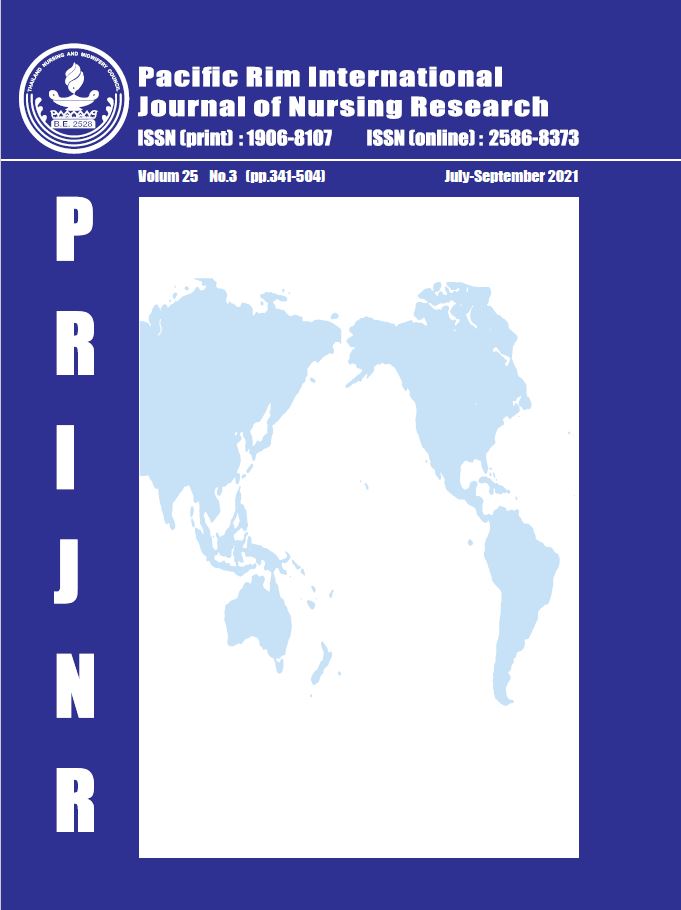A Concise, User-friendly Guide to Conducting and Reporting Scoping Reviews in Healthcare
Keywords:
Healthcare research, Review guidelines, Scoping review, Systematic review, The Joanna Briggs Institute (JBI)Abstract
Scoping reviews are increasingly common in healthcare, including in nursing. However, unlike systematic reviews, they remain a somewhat newer entity. Therefore, there is still some uncertainty regarding what scoping reviews are, and when and how they should be undertaken and reported. This paper aims to clarify some of the common misconceptions associated with scoping reviews.
Scoping reviews may be undertaken for many reasons, such as to map a body of literature (especially in developing areas of knowledge and practice), clarify key concepts, identify the volume of existing evidence or sometimes used as preliminary step to a systematic review. While they are similar to systematic reviews, scoping reviews are undertaken for different reasons and usually review different types of evidence.
The Joanna Briggs Institute (JBI) published updated guidelines for the conduct and reporting of scoping reviews in 2020 and to ensure consistency and rigour, all scoping reviews should now be conducted using such guidelines. This paper provides a concise overview of when scoping reviews are indicated and how they should be conducted and reported.
References
2. Munn Z, Peters MDJ, Stern C, Tufanaru C, McArthur A, Aromataris E. Systematic review or scoping review? Guidance for authors when choosing between a systematic or scoping review approach. BMC Med Res Methodology. 2018; 18: 143. doi: 10.1186/s12874-018-0611-x.
3. Pham MT, Rajic A, Greig JD, Sargeant JM, Papadopoulos A, McEwen SA. A scoping review of scoping reviews: advancing the approach and enhancing the consistency. Res Synth Methods. 2014; 5: 371-85. doi: 10.1002/jrsm.1123.
4. Tricco AC, Lillie E, Zarin W, O’Brien K, Colquhoun H, Kastner M, et al. A scoping review on the conduct and reporting of scoping reviews. BMC Med Res Methodology. 2016; 16:15. doi: 10.1186/s12874-016-0116-4.
5. Tricco AC, Anthony J, Zarin W, Strifler L, Ghassemi M, Ivory J, et al. A scoping review of rapid review methods. BMC Med. 2015; 13: 224. doi 10.1186/s12916-015-0465-6.
6. Arksey H, O’Malley L. Scoping studies: towards a methodological framework. Int J Soc Res Methodol. 2005; 8: 19-32. doi:10.1080/1364557032000119616.
7. Peters MDJ, Godfrey CM, McInerney P, Munn Z, Tricco AC, Khalil H. Scoping reviews – JBI Manual for Evidence Synthesis. JBI GLOBAL WIKI. 2020. Chapter 11: scoping reviews - JBI Manual for Evidence Synthesis - JBI GLOBAL WIKI.
Downloads
Published
How to Cite
Issue
Section
License
Copyright: The Pacific Rim International Journal of Nursing Research, Thailand Nursing & Midwifery Council has exclusive rights to publish, reproduce and distribute the manuscript and all contents therein.








.png)



